-
Singapore Primary Math: Textbook 2B (Standards Edition) $29.50 QTY: 1Quantity
Singapore Primary Math: Textbook 2B (Standards Edition)
Textbooks present new concepts and learning tasks for students to complete with educator supervision. They include practice and review problems, and are designed to be used alongside workbooks.
$29.50
Available in stock
Description
Primary Mathematics
Primary Mathematics is the original Singapore math curriculum we introduced to the U.S. in 1998. Written by the Singapore Ministry of Education, it was the series in use when Singapore garnered attention for scoring at the top of international math tests.
Primary Mathematics epitomizes the Singapore Math Approach. The curriculum features the CPA (Concrete, Pictorial, Abstract) progression, number bonds, bar modeling, and a strong focus on fact fluency and mental math. The curriculum balances supervised learning and independent practice. This rigorous program encourages active thinking, communication of mathematical ideas, and problem solving. It lays the foundation students need for more advanced mathematics.
Editions
We carry two editions of Primary Mathematics. All maintain the integrity of the Singapore Math Approach while serving diverse needs.
Primary Mathematics U.S. Edition
This edition is almost identical to the original program used in Singapore with additional content on U.S. measurements and currency.
Primary Mathematics Standards Edition
Written to meet the 2006 Mathematics Contents Standards for California Public School issued prior to the Common Core State Standards, this edition includes probability, data analysis, negative numbers, and coordinate graphing.
Components
Textbooks present new concepts and learning tasks for students to complete with educator supervision, along with practice and review problems. They are designed to be non-consumable and used alongside workbooks. There are two textbooks (A and B) for each grade corresponding to the two halves of the school year.
Workbooks provide additional practice and independent work to solidify the concepts covered in the textbooks. There are two workbooks (A and B) for each grade corresponding to the two halves of the school year.
Teacher’s Guides help educators understand course material within the larger framework and prepare for lessons with detailed, step-by-step plans.
Home Instructor Guides are designed for homeschool use. They provide suggestions for introducing new concepts concretely and using textbooks effectively. They include additional activities for reinforcement, solutions to textbook and workbook problems, and suggested weekly schedules.
As the educator plays an active role in Singapore math programs, it is highly recommended to use a Teacher’s Guide or Home Instructor Guide.
Test books with differentiated assessments help teachers systematically evaluate student progress.
Features & Components:
- Mathematical concepts are introduced in the opening pages and taught to mastery through specific learning tasks that allow for immediate assessment and consolidation.
- The Concrete Pictorial Abstract approach enables students to encounter math in a meaningful way.
- Direct correlation of the textbook to the workbook facilitates focused review and evaluation.
- The modeling method enables students to visualize and solve problems quickly and efficiently.
- New mathematical concepts are introduced through a spiral progression that builds on concepts already taught and mastered.
- Metacognition is employed as a strategy for learners to monitor their thinking processes in problem solving. Speech and thought bubbles provide guidance through the thought processes, making even the most challenging problems accessible to students.
- Color patches invite active student participation and facilitate lively discussion about concepts.
- Regular reviews in the textbook provide consolidation opportunities.
- The glossary effectively combines pictorial representation with simple mathematical definitions to provide a comprehensive reference guide for students.
Note: Two textbooks (A and B) for each grade correspond to the two halves of the school year. Answer key not included. Soft cover.
Table of Contents
-
-
- Addition and Subtraction Finding the Missing Number
Practice A
Methods for Mental Addition
Methods for Mental Subtraction
Practice B
- Addition and Subtraction Finding the Missing Number
Review 7
-
- Multiplication and Division Multiplying and Dividing by 4
Practice A
Multiplying and Dividing by 5
Practice B
Multiplying and Dividing by 10
Practice C
Practice D
Division with Remainder
Practice E
- Multiplication and Division Multiplying and Dividing by 4
Review 8
-
- Money Dollars and Cents
Practice A
Adding Money
Subtracting Money
Practice B
Practice C
- Money Dollars and Cents
Review 9
-
- Fractions Halves and Quarters
Writing Fractions
Fraction of a Set
- Fractions Halves and Quarters
Review 10
-
- Time Telling Time Before the Hour
Time Intervals
Other Units of Time
- Time Telling Time Before the Hour
Review 11
-
- Capacity Comparing Capacity
Liters
Gallons, Quarts, Pints and Cups
- Capacity Comparing Capacity
Review 12
-
- Tables and Graphs Picture Graphs
Bar Graphs
- Tables and Graphs Picture Graphs
Review 13
-
- Geometry Flat and Curved Faces
Making Shapes
- Geometry Flat and Curved Faces
Review 14
-
-
- Review 15
-
- Glossary
- Index
All copyrights reserved by Marshall Cavendish International (S) Pte Ltd.

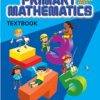

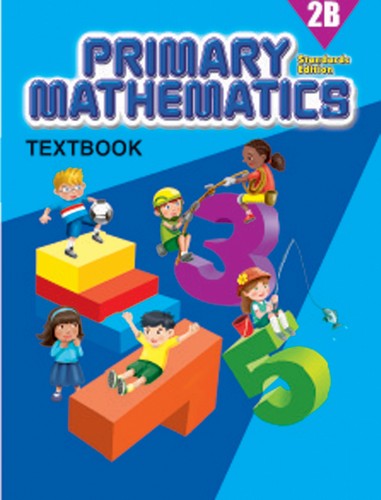
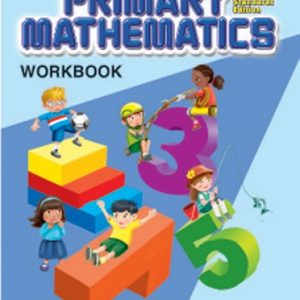
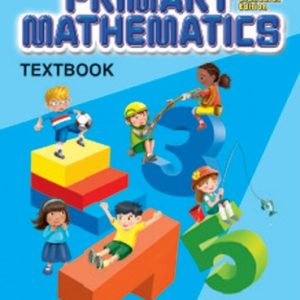
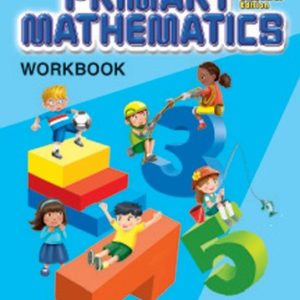
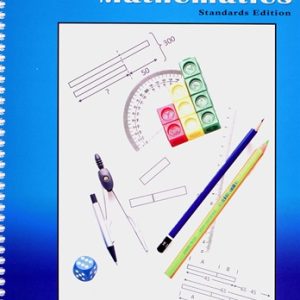
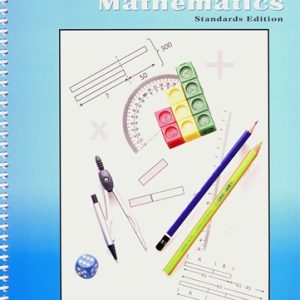
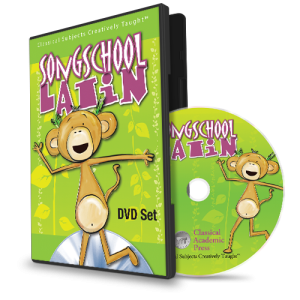
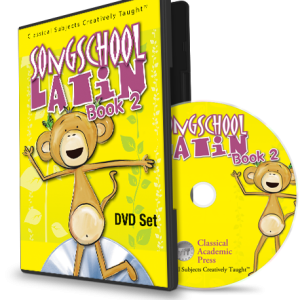

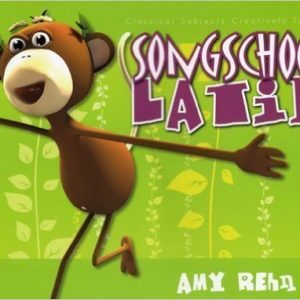

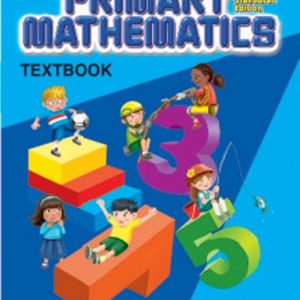
Reviews
There are no reviews yet